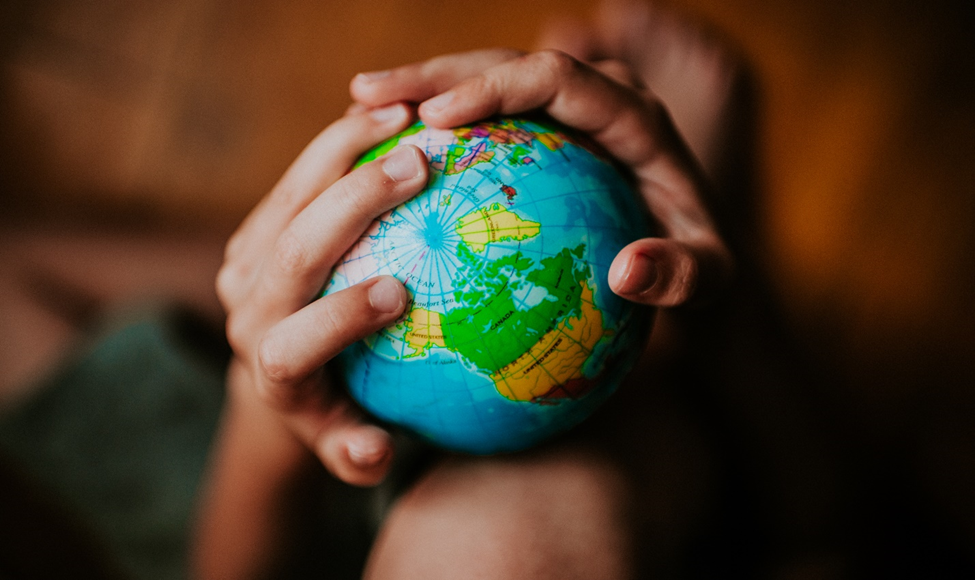
Human Trafficking is a public health issue that affects individuals, families, and communities. Many health problems that are potentially associated with human trafficking are often overlooked. Diseases associated with living in crowded conditions such as tuberculosis, malnutrition, and infectious diarrhea, can also be common among those affected by human trafficking. In addition, injury is a significant problem, resulting from physical violence, torture, and unintentional injury that occurs during forced labor.
Many studies show that victims of human trafficking (VoT) are also at risk of mental health problems due to recurrent physical and emotional abuse. Mental health conditions of concern include Post-Traumatic Stress Disorder (PTSD), anxiety, depression, phobias, and panic attacks. Other common problems include substance or alcohol misuse. It is known that traffickers may use substances as a means of force, but substances may also be used as a coping mechanism by those victimized. The impact on public health is evident, thus improving access to health services for VoT is essential for the continued promotion of overall health and well-being.
Eligibility
The Maryland Center for Global Migration and Immigrant Health (CGMIH) can assist in the coordination of care for certified adult and eligible child VoTs in the state of Maryland.
- Certification allows adult VoT (18 years of age or older) who are not United States (U.S.) citizens or Lawful Permanent Residents (LPRs) to be eligible to receive benefits and services under any Federal or State program or activity to the same extent as a refugee.
- Foreign child VoT (under the age of 18 years) do not need to be certified to receive benefits and services. Instead, a letter is issued from the federal government stating that a child is a victim of a severe form of trafficking and is eligible for benefits and services.
Pre-certified VoTs are not eligible, however, please see the Resources section below for links to additional information. These resources are helpful for everyone affected by human trafficking.
Health Benefits
Certified adult foreign VoT, T visa family derivatives, and foreign child VoT are all eligible to apply for benefits to the same extent as refugees. Health-related benefits could include:
- Medicaid
- Maryland Children's Health Program (MCHP)
- Refugee Medical Assistance (RMA)
Please note certification letters do not expire but many benefits are time-limited. RMA benefits are available for up to 12 months from the date of certification, or the date of eligibility if the victim is a minor.
Pre-certified VoTs are not eligible for these benefits.
Included with these health benefits is access to the domestic medical screening examination, also known as the Refugee Medical Screening (RMS). The CGMIH supports culturally-informed and language-accessible health screenings for all humanitarian immigrants, including certified foreign adult VoT and eligible child VoT. The RMS helps to identify health conditions that threaten client well-being, provide vaccinations required for school and work, and refer clients to primary, public health, and/or specialty care providers for ongoing healthcare.
For additional information about the RMS, you may also contact:
Resources
International Rescue Committee (IRC) Silver Spring: the Anti-Trafficking program at the IRC Silver Spring provides trauma-informed, client-centered services to foreign-born survivors of human trafficking.
 One Pager IRC Silver Spring Anti-Trafficking Program ED.pdfMaryland Office for Refugees and Asylees (MORA):
One Pager IRC Silver Spring Anti-Trafficking Program ED.pdfMaryland Office for Refugees and Asylees (MORA): coordinates and administers services to federally-recognized refugee populations, including victims of human trafficking, to help them build new lives in the United States. MORA’s network of public and private service providers provide a variety of support services to eligible clients, including employment services, transitional financial assistance, health assistance, medical screenings, English language and vocational training, case management, youth programming, and more.
Office on Trafficking in Persons: The Human Trafficking Programming During Disasters and Emergencies Fact Sheets are meant for emergency managers and service providers to easily access information to help prevent trafficking and continue operations during disasters and emergencies.
Administration for Children and Families (ACF) provides informational blog posts which include:
If you or someone you know has experienced human trafficking and needs support, contact the National Human Trafficking Hotline by calling 1-888-373-7888, texting 233733, emailing [email protected], chatting online, or submitting an anonymous tip. The Hotline’s Referral Directory also connects users to anti-trafficking organizations and programs that offer emergency, transitional, or long-term services. 
